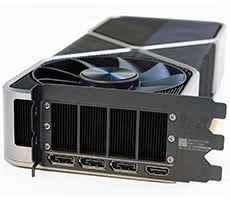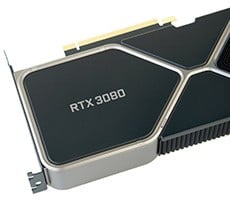Is The "Apple Tax" Real? Mac vs. PC Value Analysis
Introduction: The Never-Ending Argument
 It's an argument that has been around for almost as long as Macs have been rivaling PCs. And despite the fact that so much has changed over the past few decades, the argument still arises almost every time Apple introduces a new computer. No, it's not the argument of "PC versus Mac" from a software and compatibility standpoint; that's an entirely different animal worthy of its own analysis. This is an argument over dollars and cents. For years, PC loyalists (or just those who are anti-Apple for one reason or another) have argued that Apple computers are more expensive than their similarly equipped, Windows-based counterparts. From notebooks to desktops and pretty much anywhere in-between, many have complained passionately about the so-called "Apple tax."
It's an argument that has been around for almost as long as Macs have been rivaling PCs. And despite the fact that so much has changed over the past few decades, the argument still arises almost every time Apple introduces a new computer. No, it's not the argument of "PC versus Mac" from a software and compatibility standpoint; that's an entirely different animal worthy of its own analysis. This is an argument over dollars and cents. For years, PC loyalists (or just those who are anti-Apple for one reason or another) have argued that Apple computers are more expensive than their similarly equipped, Windows-based counterparts. From notebooks to desktops and pretty much anywhere in-between, many have complained passionately about the so-called "Apple tax." 

But with all of this hearsay ongoing, who should you believe? We felt it was high time to put the argument to rest. In the pages to come, we'll look at a baseline 13" MacBook, a 21.5" baseline iMac and a Mac Pro workstation. We'll be comparing these machines to PC counterparts that are as closely configured as we can find, at similar price points. We're obviously making an "apples to oranges" comparison here, so things will never line up 100%, but we'll do our best to point out the gaps as we attempt to put a little reason behind this age-old argument.
The Apple Tax: Fact or Fiction?






